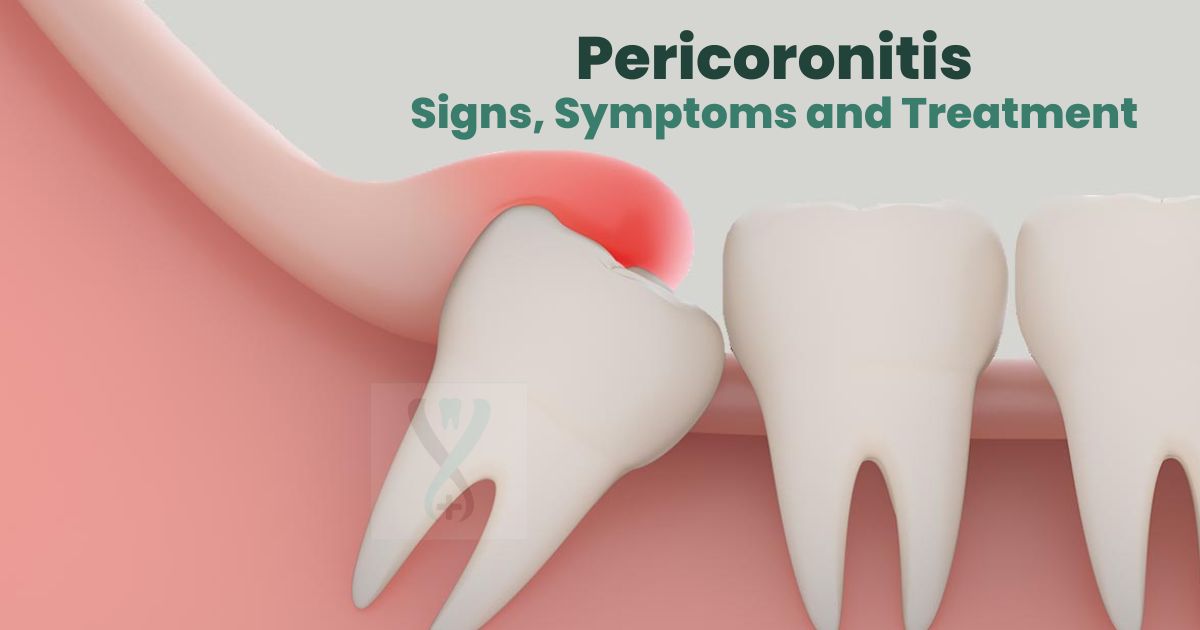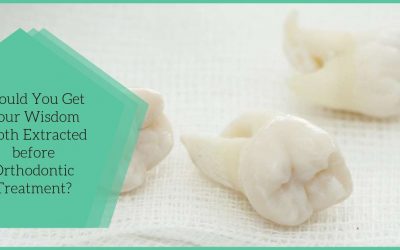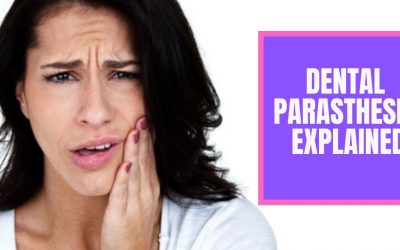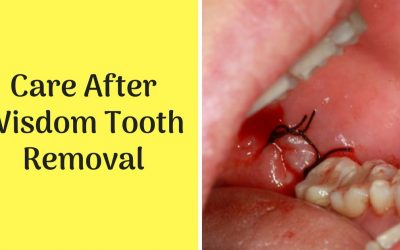When the wisdom tooth starts to erupt they break the gum tissue to emerge from inside. In this process there will be pain and discomfort. But sometimes, the soft tissues surrounding the partially erupted wisdom tooth can be infected and inflamed. This condition is termed Pericoronitis. Here are the signs, symptoms and treatment for this condition.
Signs and Symptoms of Pericoronitis
- It is said that approximately 80% of people in their 20s experience this condition at some time
- Look out for any infection that occurs around the wisdom teeth as they are emerging
- Pain in the erupting wisdom tooth area
- Swelling near the eruption area
- A typical bad breath and a bad taste in the mouth.
- Inflammation in the flap of tissue that covers the erupting tooth. This flap tissue is called the pericoronal flap
- Sometimes there might be pus discharge from the area.
It should be noted that if pericoronitis is left untreated, the infection might spread and can become serious.
Recommendation to avoid Pericoronitis
It is generally recommended that people should extract their wisdom teeth in early adulthood. It should be noted that even if you have decided to keep your wisdom teeth, no pain does not necessarily mean that there may be no infection. That is why it is always recommended to go for a regular dental visit. Your dentist will check the wisdom teeth thoroughly and recommend any treatment if need be.
Treatment for Short-term Pericoronitis
Short-term pericoronitis happens if the pain associated with pericoronitis lasts for 3-4 days only as the wisdom tooth is erupting. If it is a short-term pericoronitis, do the following.
- Brush and floss your teeth twice a day regularly
- Rinse your mouth with a recommended mouthwash
If the pericoronitis infection was mild, the pain and discomfort should subside within 3-4 days. On the other hand if the pain is subsisting and you think that the swelling has not subsided, it is time to visit a dentist and get proper treatment.
Treatment for Pericoronitis at Dental Office
- Your dentist would advise removing the wisdom tooth that is erupting. If the dentist finds out that the emerging wisdom tooth is actually impacted or there is not enough space in the jawline to accommodate the newly emerging wisdom tooth, the only recommendation then would be to extract the wisdom tooth.
- Your dentist may prescribe pain killer medication if your pain is not abating.
- Your dentist may also recommend and prescribe any antibiotic if they feel that the infection is more and an antibiotic treatment is necessary to prevent the spread of infection and prevent the complications it can bring about.
- Sometimes your dentist may also recommend removing the pericoronal flap to help prevent the infection in the area, if the wisdom teeth are not impacted and there is enough space in the jawline to accommodate the emerging wisdom tooth.




